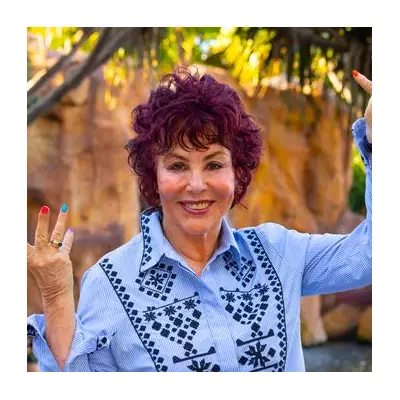
A glamorous evening at the prestigious Venice Film Festival descended into high drama after a seasoned Italian entertainment reporter was strong-armed into issuing a public mea culpa. The controversy erupted following a series of pointed red carpet interviews conducted by the journalist.
The focal point of the row was the reporter's decision to directly question A-list actors, including Adam Driver and Jessica Chastain, on their tangible financial support for the Black Lives Matter movement. Rather than discussing their latest cinematic projects, the interviewer pressed the stars to disclose whether they had made monetary donations to the cause.
A Red Carpet Reckoning
The line of questioning, while bold, was not well-received behind the scenes. Following the interviews, the reporter was reportedly cornered by a coalition of powerful public relations representatives working for the Hollywood luminaries. In what sources describe as a tense and uncomfortable confrontation, the PR teams demanded an immediate retraction and apology for the journalist's impertinent queries.
Caving to the immense pressure, the journalist subsequently issued a formal apology directly to the actors involved. The statement expressed regret for causing any offence and emphasised that the intention was never to undermine the importance of the Black Lives Matter movement.
The Fallout and The Debate
This incident has ignited a fiery debate within media and entertainment circles. Critics argue the apology highlights a growing trend where celebrity publicists can dictate journalistic discourse, effectively shielding their clients from any form of challenging inquiry, no matter how relevant.
Conversely, others defend the stance of the PR teams, suggesting that the red carpet—an environment designed for glamour and promotion—was an inappropriate forum for such weighty and personal interrogations. They posit that demanding proof of donation crosses a line into performative activism, where giving is done for public validation rather than genuine support.
The event underscores the increasingly fragile relationship between Hollywood, social justice movements, and the media tasked with covering them, raising pivotal questions about accountability, privacy, and the true price of allyship.





